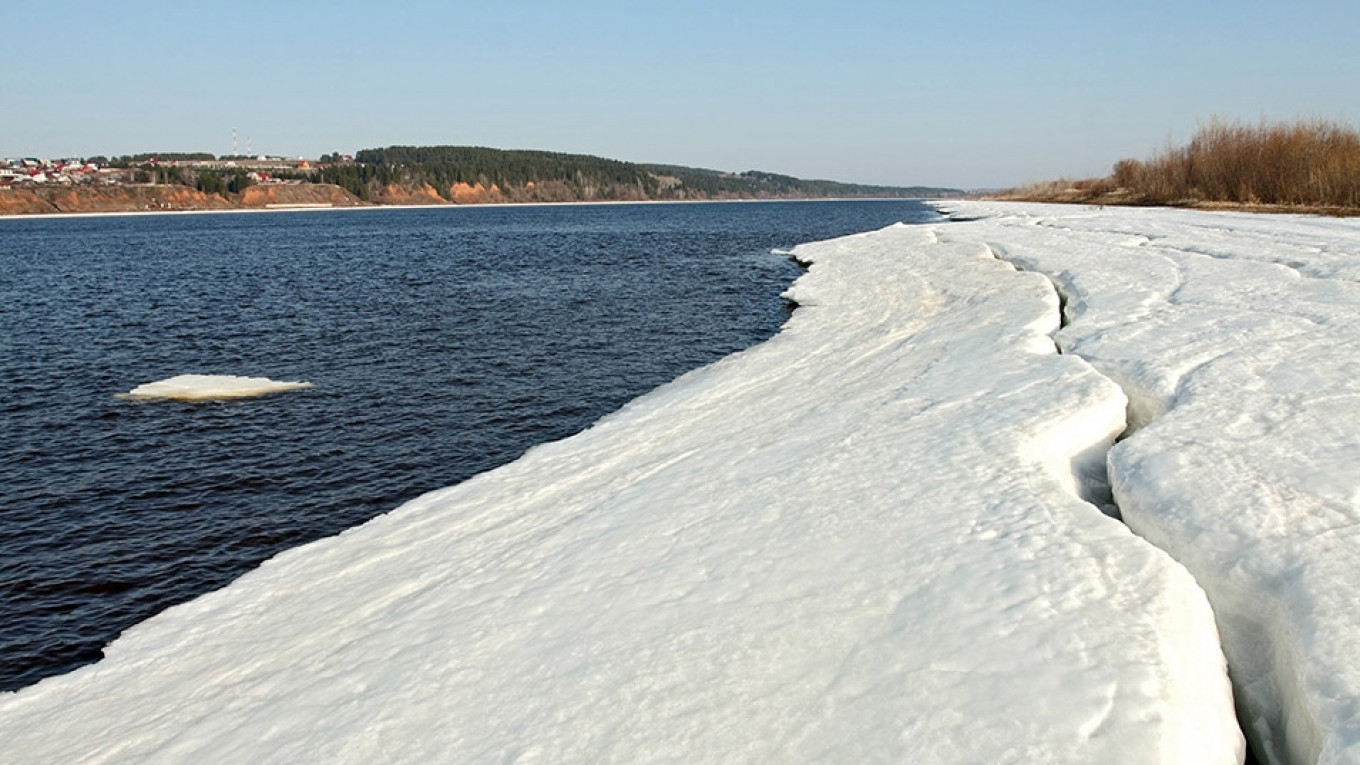
President Vladimir Putin’s senior adviser on climate change has called for Russia to take urgent action toward climate change, including taking more substantive steps to reduce its dependence on fossil fuels.
Speaking at a press conference in Moscow on Thursday, Ruslan Edelgeriev said Russia failed to achieve Putin’s goal of reducing the share of fossil fuels in the country’s economy by 40% from 2007-2020. The actual decrease was just 12%.
If current rates of reduction don’t change, Russia won’t reach this goal until 2043, which would be a “serious problem,” Edelgeriev said.
He pointed to natural disasters like last summer’s widespread wildfires in Siberia as a sign that Russia needs to take action against climate change.
“On a global scale, they contribute to greenhouse gas emissions. They cause both economic and social damage, as well as harm to public health. Some people believe that forest fires are a natural phenomenon. … I believe that we can’t afford to assume that they’re burning as part of a natural process — it’s necessary to intervene and ensure that the forests don’t burn,” he said.
Despite the negative trends, Russia has made some progress in reducing its coal and oil consumption, Edelgeriev said. From 2015-2018, these products’ share as energy sources has fallen by 4%, while natural gas has risen by about 3.5% per year.
Russia is the world’s fourth-largest emitter of greenhouse gases. While Putin has signed decrees aimed at cutting Russia’s emissions, he has also said that switching entirely to renewable energy would send humanity back to the prehistoric period and maintained that “we’re not really sure” why climate change is happening.
Edelgeriev said that arguing over the causes of climate change is pointless: “The climate has changed and is changing, so the questions are how can we influence it so that it doesn’t change further, how to adapt to what has changed and determining what to do next.”
Earlier this year, Russia’s government announced a plan of action to both mitigate damage and take advantage of opportunities created by climate change.
Russia needs to gradually reduce its carbon emissions “as all big countries do,” Alexey Kokorin, WWF Russia’s climate and energy head, told The Moscow Times.
“It’s not good to be an outsider. Russia shouldn’t be an empire of climate evil, because it will be very easy for us to impose measures to reduce emissions,” Kokorin said.
